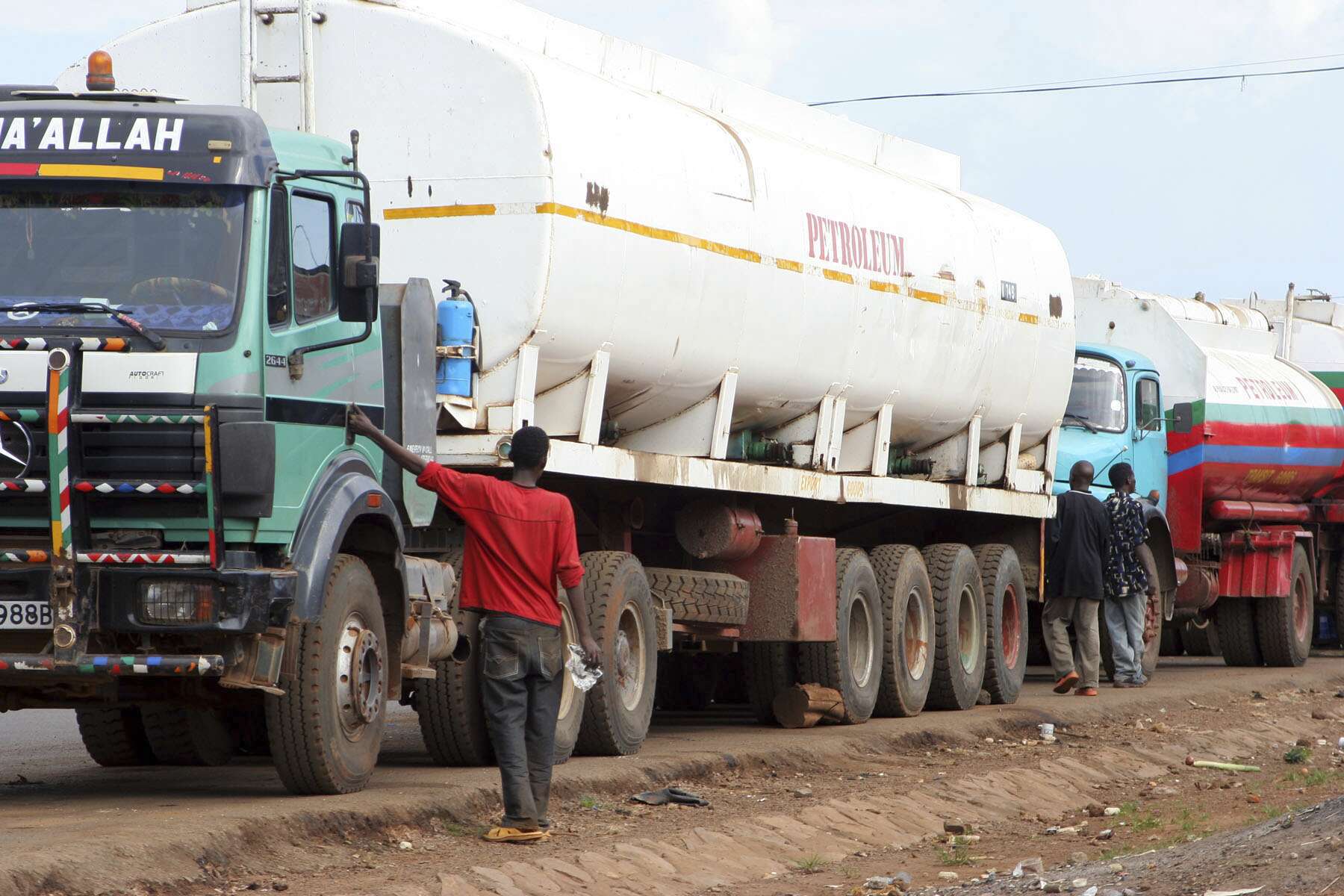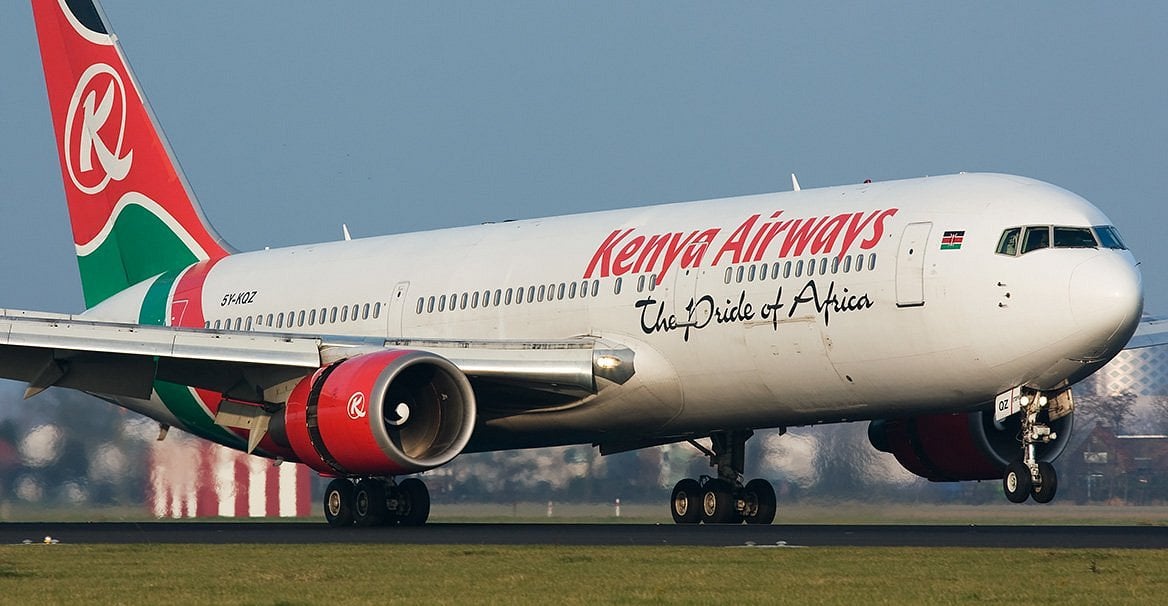Kadaga speaks out on electronic voting system
What you need to know:
- Dismissed. The Speaker said having not put the equipment does not imply that the system does not function as was reported by some media houses on Monday.
PARLIAMENT.
The Speaker of Parliament Rebecca Kadaga has dismissed reports by sections of the media alleging that the electronic voting system is dysfunctional.
Ms Kadaga was commenting in respect to a delay to put to use the electronic voting system procured and installed two years ago.
The Speaker said having not put the equipment does not imply that the system does not function as was reported by some media houses on Monday.
“We have only done voice voting, we have not done any roll call up to now but when we need it, we shall use it,” she said.
Ms Kadaga also said there has not been any serious issue warranting voting since the 10th Parliament commenced close to a year ago.
“Whoever wants can go and check on the system and see if it is not in good shape,” Kadaga said.
In 2014, Parliament procured and installed an integrated security system comprised of CCT Cameras, automated vehicle scans and electronic registration of both MPs and staff.
The system
The Shs28b system by ZTE-ICT, a Chinese firm, also came with an electronic voting system and access blocks, with swipe cards given to accredited journalists and whoever was authorised to access Parliament.
An independent study by this newspaper confirmed that the system is operational, although only MPs from the 9th Parliament and previously accredited journalists held the access cards.
Mr Chris Obore, the director of Communications and Public Affairs at Parliament, also told journalists on Monday that electronic voting was not in use because of space constraints due to the high number of MPs, with some missing seats.
Mr Obore also said the present rules of procedure used in voting only allow voice voting and using a different mode of voting would risk legal litigation and suffocate the operations of Parliament.
“We want it, it is faster but then we need to quickly build new chambers and allocate every MP a seat and a button. But with our arrangement, it would be tedious to use but again, our rules do not grant it and somebody might challenge the process,” he said.
The 10th Parliament has 430 members.
Mr Obore further dismissed allegations that the Shs28b was spent on the voting system as misleading.
“For the record, Shs28 b is the total cost of the entire integrated security system which system is working…you can’t enter Parliament without logging in,” Mr Obore said.
Mr Obore explained that the main purpose of the system was to provide security but voting incorporated as an added advantage.
The system, according to a security specialist at Parliament, who declined to be named, covers a radius of 5km across Parliament and was procured after wide consultations.




